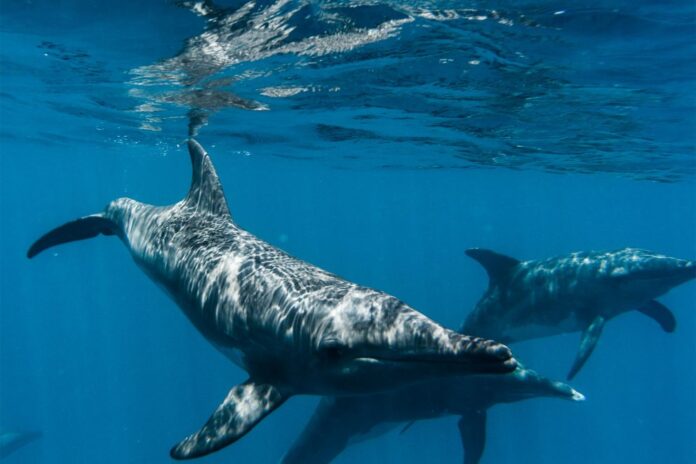Participants were recruited via social media posts as well as three Australian wildlife ecotour companies’ customer emails. Over 700 people completed the survey, out of which roughly 300 (96% Australians; 77% female) responded to questions about how their experiences – from diving to surfing, swimming and kayaking – with marine animals such as rays, seals, turtles, sharks, and dolphins affected their nature connectedness. A thematic analysis was carried out to code the responses according to participant expressions, from which five nature Interaction Patterns (Encountering animals that can harm; Encountering/watching wildlife; Interacting with the periodicity of nature; Reading the signs of nature; Recognizing & being recognized by a non-human other) and four Psychological Descriptions (Positive emotions, Perspective gaining, Esteem and fulfilment, and Love, belonging, connection)were identified.
Among the PDs, the most common was Perspective gaining (235 references) followed by Positive emotions (239 references), the latter having 70 co-occurring descriptions with Encountering/watching wildlife. In their descriptions, many participants made use of similar phrases and expressions when referencing HAIs (e.g. “eye opening”, “humbling”, “insights”, “appreciation”, “magical”, “magnificent”, etc.), thus revealing that nature interactions are innate to the human experience and consciousness. Based on the findings, researchers were also able to conclude that a) people’s mental health and wellbeing may be enhanced when they encounter animals in their natural environment, and b) human-animal interactions increases the chance of people “giving back”, which, in turn, may promote caring for nature and animals.





